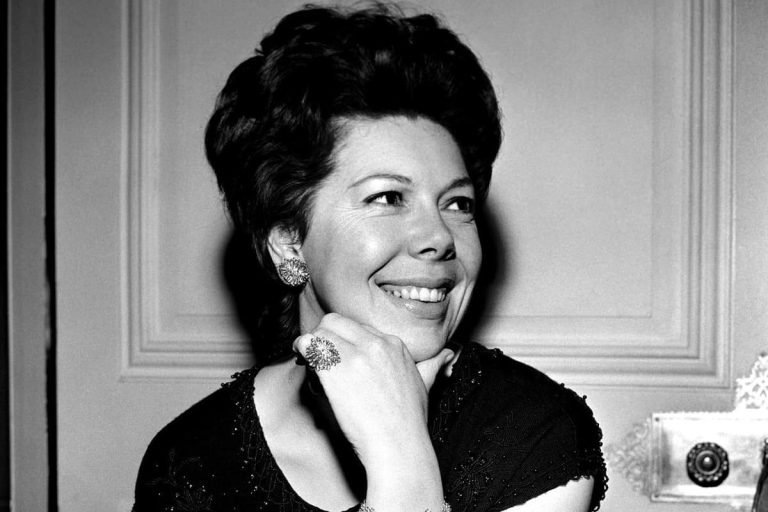
To Be a Human Being
John Bridcut’s portrait of Janet Baker is not just an account of a distinguished life; it is a distillation of humanity. Baker speaks of the death of her brother when she was still a child, a shattering event from which she was excluded by parental solicitude. ‘It was food in a terrible way for the kind of sensitivity I have needed in my working life, a tremendous gift to me from him.’ This early experience, she thinks, sealed her vocation as an artist, equipping her for a paradoxical ministry of consolation: on account of it, ‘somewhere in my voice there is this capacity to reach out to this place in people’, ‘this place’ being where one feels that life is just too much, that it’s impossible to carry on. To be able to re-read trauma in such a way, renouncing bitterness, testifies to exceptional maturity. The vitality that marks her art remains undiminished in old age. Baker speaks of taking the train into London now, ‘as a doddery old woman’, finding herself in a crowd of youngsters ‘at Covent Garden’, finding it ‘totally terrifying’ and ‘also totally exhilarating; they feel just like I did at 20, and I am so glad.’ ‘ It is not an easy thing’, says she before the film ends, ‘to be a singer; but it is far more difficult to be a human being.’ One cannot help feeling that, despite all, she has succeeded rather wonderfully.
